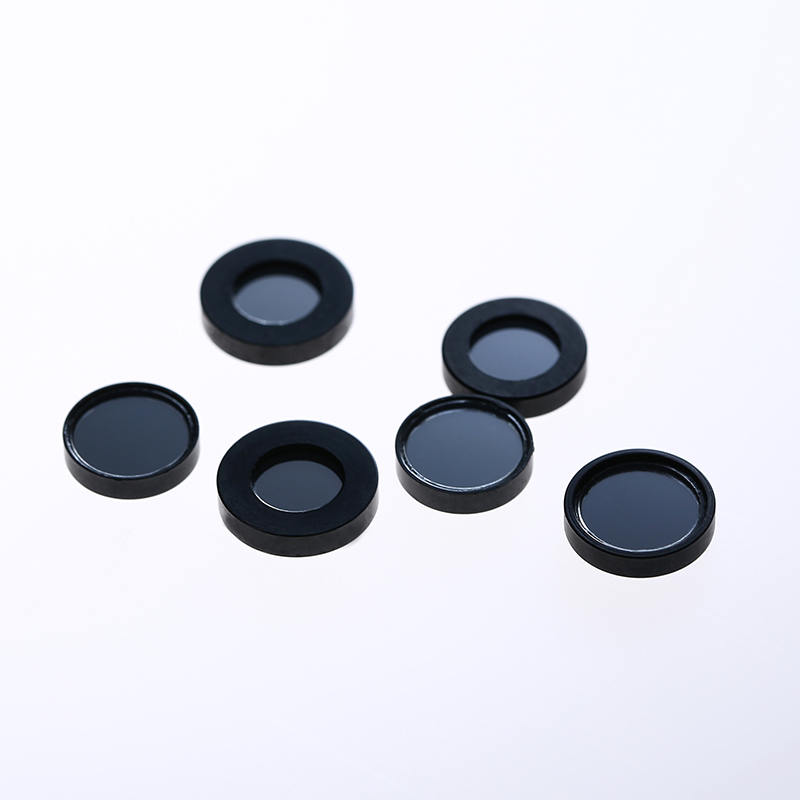Diffraction gratings are curious things. Score a series of equally spaced tiny lines in a surface, and it will cause reflected or transmitted light to bend and separate into its component wavelengths. This ability gives them all manner of important applications in the field of optics, but they’re also fun to play with. [Tech Ingredients] has done the hard work to find out how to make them out of candy!
The video starts with a basic discussion on the principles of diffraction gratings. The basis of the work is a commonly available diffraction grating, readily available online. It’s a plastic sheet with thousands of microscopic ridges scored into the surface. The overarching method to create a candy version of this is simple — coat the ridged surface in liquid chocolate or sugar syrup, to transfer the impression on to the candy surface when it solidifies. However, the video goes further, explaining every step required to produce a successful end result. The attention to detail is on the level of an industrial process, and shows a mastery of both science and candy processing techniques. If you’ve ever wondered how to properly crystallize chocolate, this video has the knowledge you need. Convex Mirror Focal Length

It’s not often we see candy optics, but we like it — and if you fail, you can always eat your mistakes and try again. If you’re wondering what you can do with a diffraction grating, check out this DIY USB spectrometer.
Anyone know of a good source for single-axis film? It’s for lighting effects, in my case. Roll or sheets would be good.
They use similar film for the ChromaDepth effect glasses. The two-axis stuff seems much easier to find but the effect I’m trying to achieve isn’t the same.
You can usually pick it up in rolls or sheets inexpensively in Amazon
Any link or any brand you suggest ? Thanks
Old laptop monitors use single axis sheets, usually 2-4 sheets
this guy is on a whole other level
No shit, he’s like a one-man R&D department. Gives me shed envy…
If you really wanted to drive yourself to distraction and could fabricate/get the shims necessary you could reproduce holograms this way, though you’d likely need to agitate the casting table.
If you try it, make sure to use couverture chocolate as it’s easier to temperate. Of course Valrhona is the best.
“Water causes defects in the candy” …yeah. Impressive content on this channel.
But where’s the soft caramel center?
It was inside you all along!
Please be kind and respectful to help make the comments section excellent. (Comment Policy)
This site uses Akismet to reduce spam. Learn how your comment data is processed.

Concave Mirror And Convex Mirror Difference By using our website and services, you expressly agree to the placement of our performance, functionality and advertising cookies. Learn more